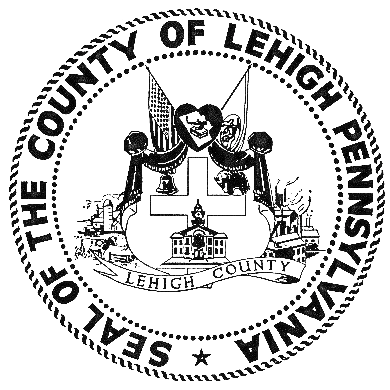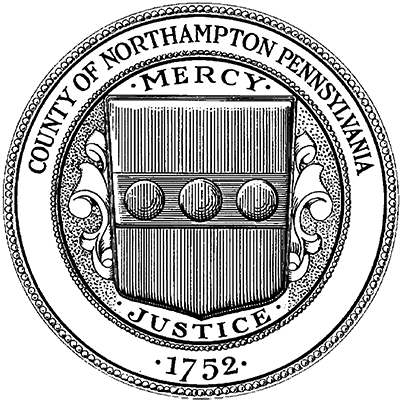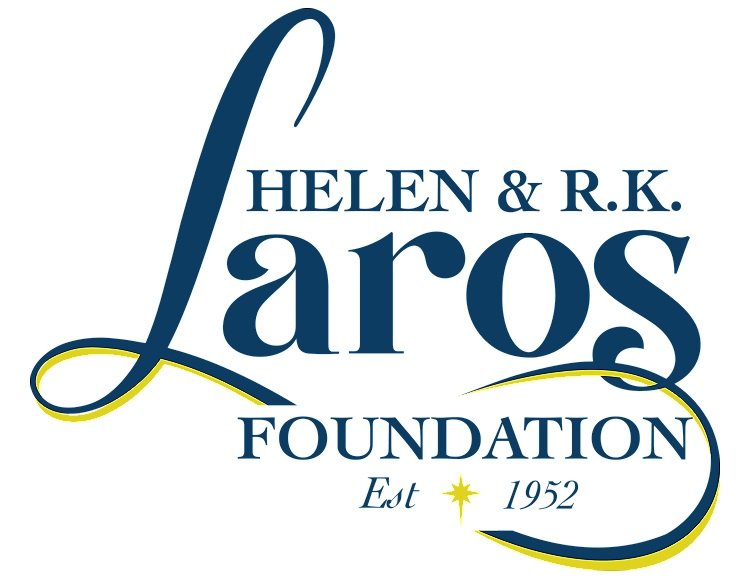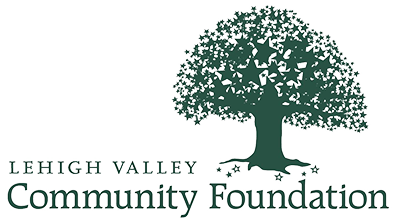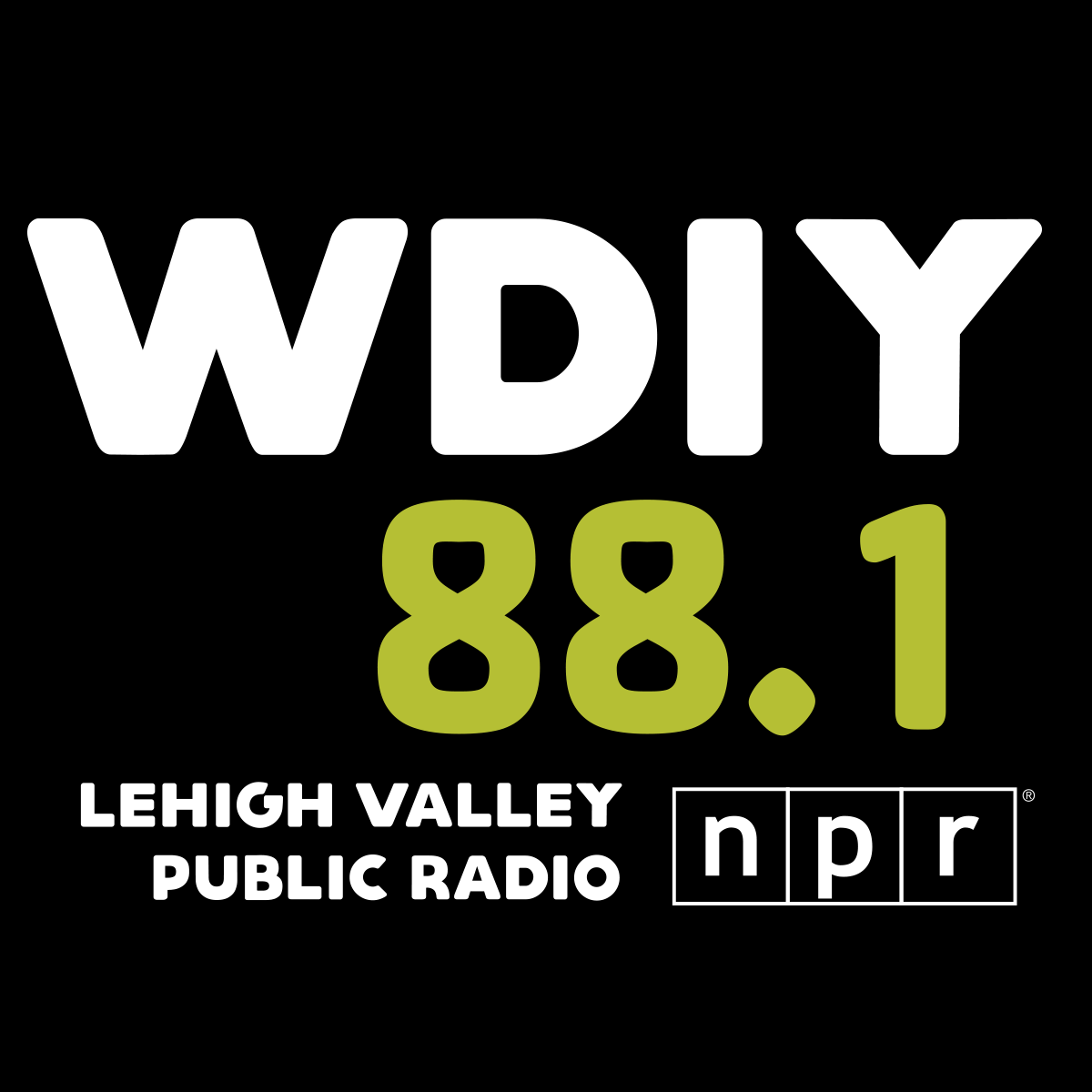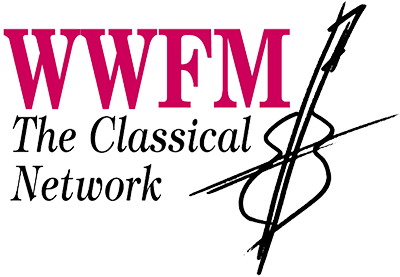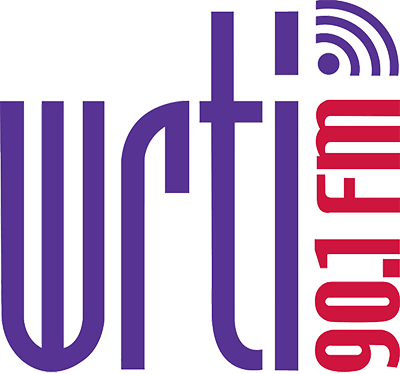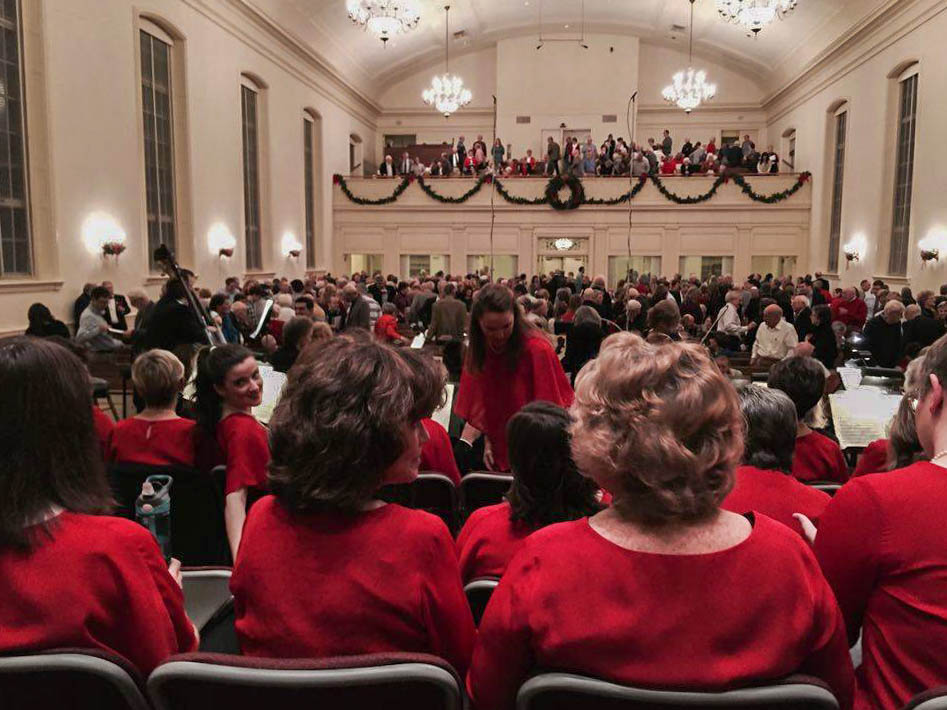
Photo Credit: Charles Lutte
There is a danger, among seasoned concertgoers, of become complacent about hearing familiar repertoire another time. I faced this earlier this fall, after hearing the Allentown Symphony’s satisfying performance of excerpts of Stravinsky’s Firebird. A smaller, less pyrotechnic bird keep chirping in my ear to get tickets to see Valery Gergiev and the London Symphony Orchestra perform the same a few weeks later in New York. “How many Firebirds do you need to hear in a month?” reason queried. “Gergiev! London! Could be exciting!” the little bird replied. In the end, I took the plunge, and was rewarded with one of the most exciting orchestral concerts of my life.
It had been ten years since we’ve done the first three cantatas of the Christmas Oratorio, and, while I’m very fond of the piece, I thought to myself, “at least this will be an easy fall.” And, in a sense, it was easier than were we to have been learning new music, but, at the same time, the Oratorio is no walk in the park: there are the trills and upper neighbor tones of the opening chorus, the crazy melismas of “Ehre sei der Gott,” the tricky text underlay of the turba choruses. It was more rewarding than I expected to revisit this music with a choir full of new members and some older members new to this music, and to see Greg Funfgeld make an exceptionally persuasive case for his interpretation of the piece over the weeks of rehearsal. At the end of that process, feeling well-prepared, and feeling a little drained by the busy season, I thought to myself, again, “at least these will be easy concerts.” From the opening moments of our orchestral rehearsal, I found myself falling in love with the Christmas Oratorio all over again!
It certainly helps that our orchestral colleagues were doing such a dynamite job with the music (especially the challenging 32nd notes in the opening chorus), and that we had an exceptionally good quartet of soloists, and certainly The Choir felt well-prepared, and there was a very cheerful and expectant vibe from our audiences in both Allentown and Bethlehem. One friend, a longtime guarantor from Philadelphia (who has been coming to Festival since the ’60s), wrote to me after the concert, “Terrific concert – my goodness!” A writer from New York’s Lucid Culture blog certainly seemed to get what makes Bach in Bethlehem so special in a wonderful post. Word of mouth and social media brought assessment from two honest brokers, both of whom asserted that “The Choir’s never sounded better!” With 15 years of experience in The Choir, it’s lovely to be reminded, not only how important these experiences are to singers, but to friends, family, and the general public, as well. I’m pleased to report that we sold out the Bethlehem concert, and that we had a very healthy attendance in Allentown. All told, over 1,200 patrons attended these concerts.
The theme for this season, “Bach at the Heart,” was chosen for many reasons, one of which was to remind the public that Bach’s music, however intellectually and technically accomplished, came from the heart of an extraordinary human being, and that we who are so privileged to perform his music put a lot of our heart and soul into it, as well. The writer of the Lucid Culture post wrote, “An unselfconscious joy and optimism radiated from the stage to the crowd… a sleekly detailed, confidently interwoven celebration of the triumph of the human spirit, Teutonic 18th century style. That’s exactly how this group delivered it, letting their enthusiasm shine through its endless series of interchanges without getting carried away.”
A few highlights come to mind: Isaiah Bell’s utterly elegant and not-at-all-self-aggrandizing 32nd note runs in his aria, Frohe Hirten were absolutely astounding (as was Robin Kani’s marvelous fluting on the same). The radiant joy and ebullient charm of Ellen McAteer and David Newman in their duet, Herr, Dein Mitlied, was elevating and beguiling. As always, Daniel Taylor brought beautiful color and spiritual gravity to his singing. The instrumental contributions of Elizabeth Field, Mary Watt, Nobuo Kitagawa, Gerald Serfass, Robin and Linda Ganus, and so many others brought so much color and zest to the proceedings. As always, Greg lead with a steady and communicative hand, and his exhortation to the Bethlehem audience (and indirectly, to the performers) to imagine hearing this piece for the first time in 1734 set the stage marvelously for the music to follow.
If you weren’t able to attend, take heart – WWFM will be rebroadcasting the concert on Christmas night.
Next, we turn our attention to the Family Concert, which will feature collaborations with young singers in four area ensembles, and the iconic St. John Passion, which we’ll offer in a rare, Palm Sunday performance. Stay tuned for more information about those concerts – they promise to be exceptionally rewarding!





